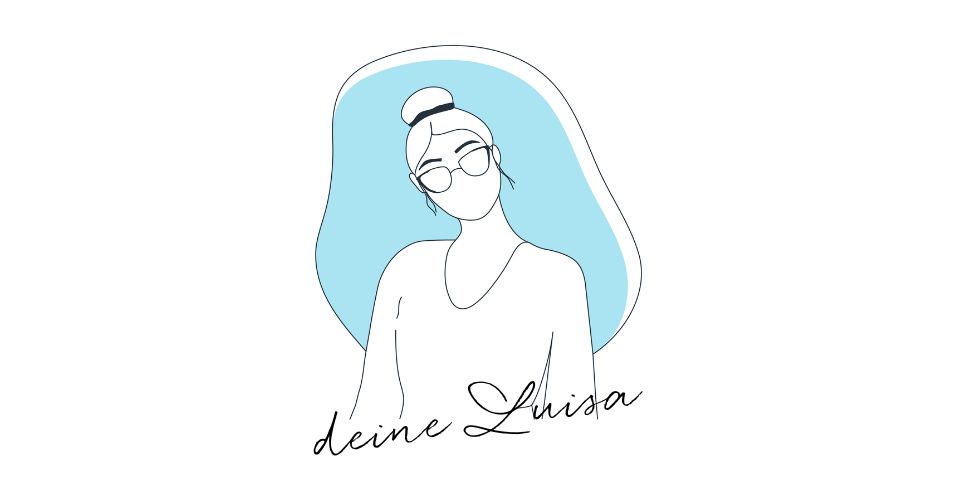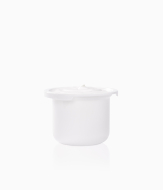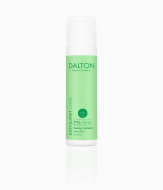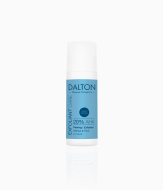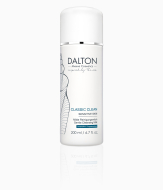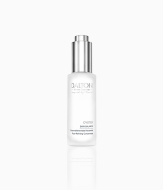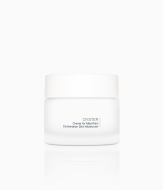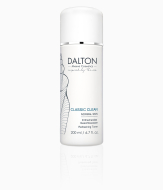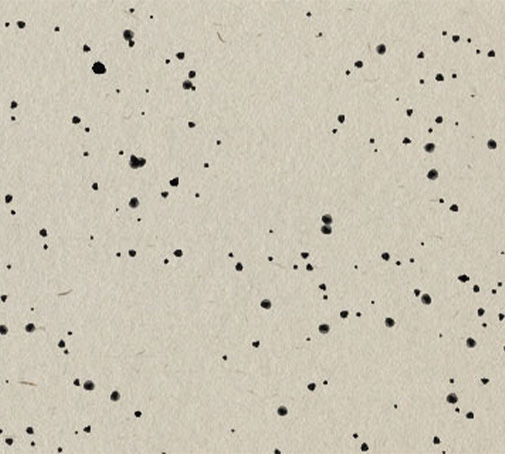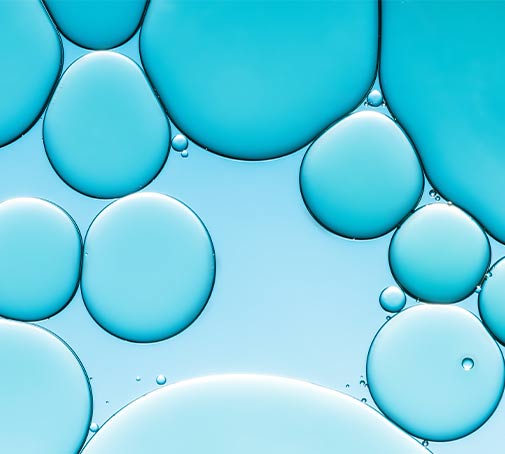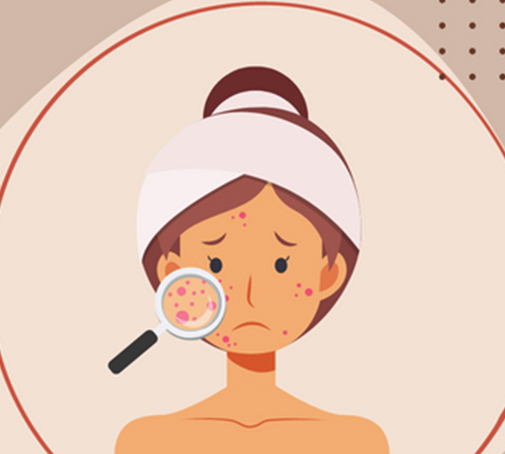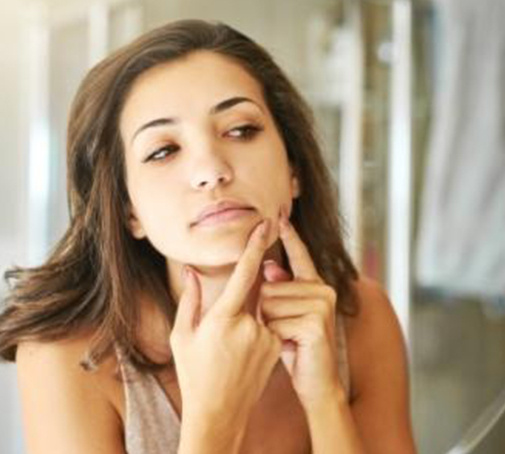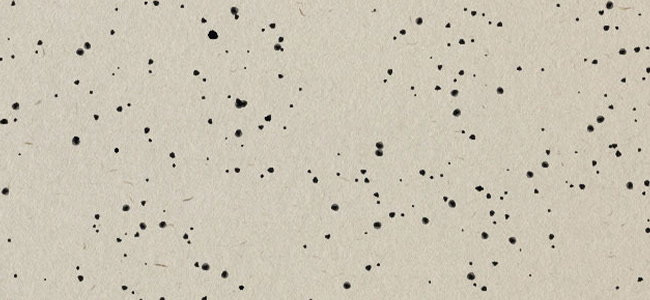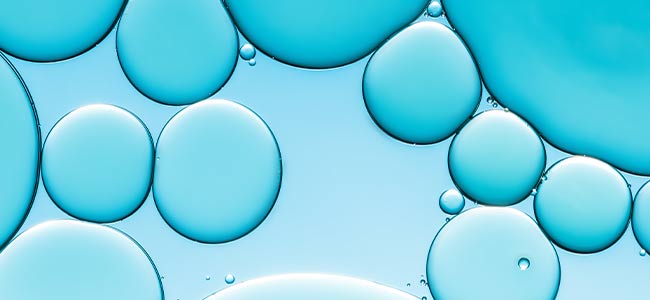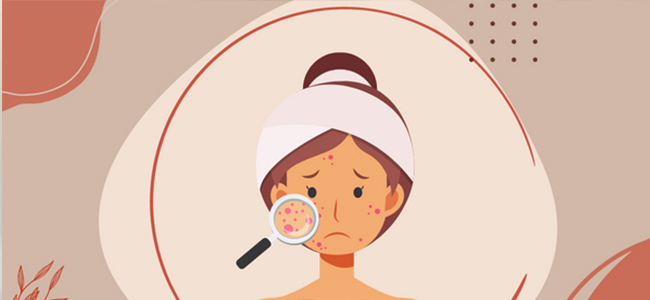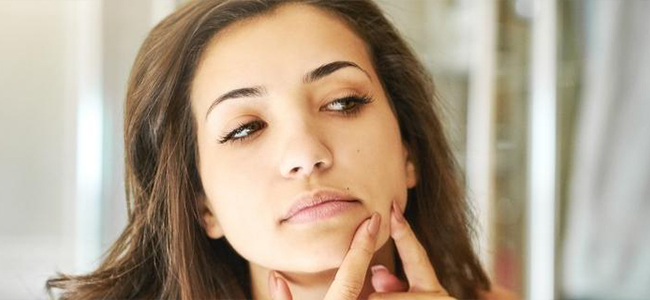
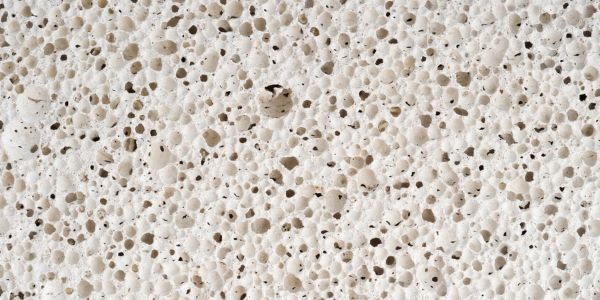
Large Pores
Everyone has pores – on the face and all over the body. However, pores can enlarge and make the complexion look uneven, especially in the T-zone. Find out what causes this and what you can do about it in this magazine article.
What are pores and what is their function?
Pores play an essential role in the health and functionality of your skin. The small openings are found wherever hair grows on your body. In general, pores have 5 functions:
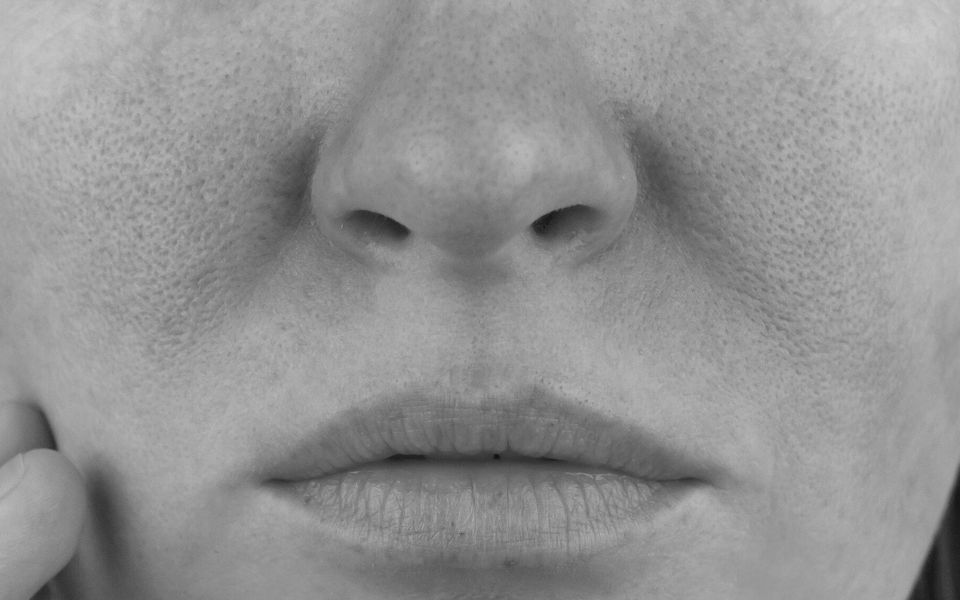

1. Regulate body temperature: Pores release sweat, which cools the body and regulates core temperature. This is a vital process that prevents the body from overheating, especially in warm environments or when you exert yourself physically doing exercise.
2. Eliminate toxins: In addition to regulating temperature, the release of sweat also ensures that harmful substances are flushed out of the body. This natural detoxification process supports the kidneys‘ role in cleansing the body.
3. Sebum production: Pores are openings of sebaceous glands under the skin. That means they are also responsible for keeping the skin supple by releasing sebum. Sebum also helps to prevent water loss, which can otherwise lead to dryness and irritation.
1. Regulate body temperature: Pores release sweat, which cools the body and regulates core temperature. This is a vital process that prevents the body from overheating, especially in warm environments or when you exert yourself physically doing exercise.
2. Eliminate toxins: In addition to regulating temperature, the release of sweat also ensures that harmful substances are flushed out of the body. This natural detoxification process supports the kidneys‘ role in cleansing the body.
3. Sebum production: Pores are openings of sebaceous glands under the skin. That means they are also responsible for keeping the skin supple by releasing sebum. Sebum also helps to prevent water loss, which can otherwise lead to dryness and irritation.
4. Absorption of topical products: As pores can release substances, they can of course also absorb active ingredients in the same way. This is particularly advantageous for skincare products, which are thus able to reach the deeper layers of the skin.
5. Sensation: The openings of pores are also involved in the function of hair follicles and support the sensation of touch and feeling pressure and pain.
What causes enlarged pores?
Depending on your skin type, the pores on your face can be smaller or larger. Your skin type is genetically predetermined, but it can change over the course of a person’s life due to internal or external factors. For example, a person may struggle with blemish-prone and oily skin during puberty and tend to have dry, dehydrated skin as an adult. Large pores are most common in oily skin and combination skin. The sebaceous glands are more active in these skin types, leading to an overproduction of sebum (seborrhea). This makes it more likely that pores get clogged and, as a result, dilated. The mixture of sebum, dirt and sometimes make-up residues will then result in a blackhead. However, your type of skin isn’t the only thing that affects pore size. There are also some external factors that can lead to enlarged pores.
Stress: When you experience stress, your body releases more stress hormones such as cortisol. Cortisol is known to stimulate the sebaceous glands. This results in excess oil and enlarged pores, blemish-prone skin, pimples and blackheads.
Diet: Diet plays a major role in determining the condition of your skin. Eating foods that contain lots of unsaturated fats or sugar can also lead to an overproduction of sebum, for example.
Sun damage: Everyone knows that UV radiation is bad for the skin. But did you know that UV light can also contribute to large pores? When the collagen fibers are damaged, the skin loses elasticity and it can make your pores appear larger.
Natural skin aging: One factor that is difficult to prevent completely is natural skin aging. The skin loses elasticity over the years. This causes your skin to sag, making your pores appear larger.
How to reduce the appearance of large pores?
As we already know, the main cause of enlarged pores is the overproduction of sebum. This is exactly where the right skincare can make a difference and help to prevent large pores or reduce the pore size of existing ones. Here are our top tips if your skin is prone to large pores:
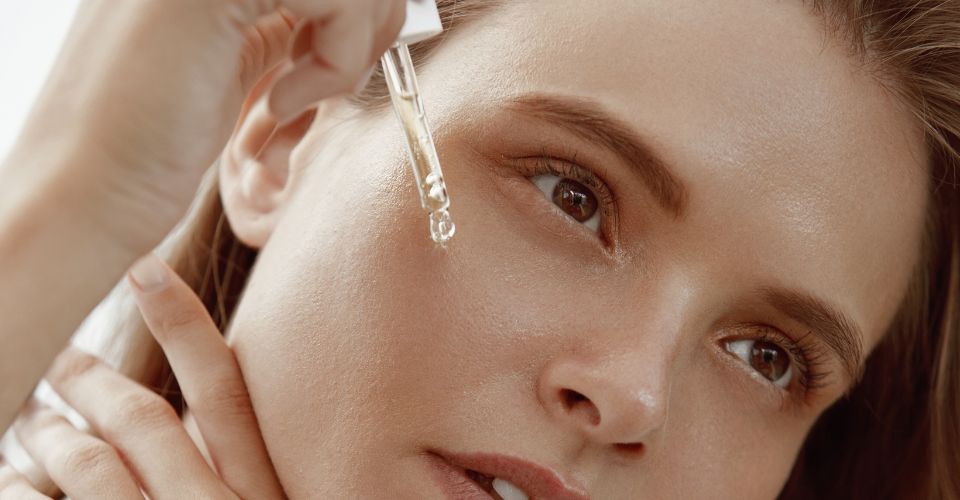

Proper cleansing: It is important to cleanse the skin thoroughly every day to remove dirt and make-up residues and prevent the pores from clogging. There are several types of cleansers to choose from. You could use a cleansing gel, foam or milk, depending your skin type (e.g. normal skin, oily skin or sensitive skin…) and what you personally prefer. You are not sure which facial cleanser is right for you? Then take a look at our cleansing guide . After cleansing, you can use a toner . This will neutralize the pH value of your skin and make it easier for your skin to absorb the products you put on after.
Regular exfoliating: Chemical peels in particular are very beneficial for skin with enlarged pores. Depending on your skin type, you can choose between an AHA or BHA peel. AHA peels are more suitable for mature skin, providing anti-aging benefits and stimulating collagen production. The BHA Exfoliant is perfect for acne-prone and oily skin. It penetrates deep into clogged pores, unclogs them and reduces blemishes such as pimples and blackheads. Tip: Use the chemical peel once a week.
Proper cleansing: It is important to cleanse the skin thoroughly every day to remove dirt and make-up residues and prevent the pores from clogging. There are several types of cleansers to choose from. You could use a cleansing gel, foam or milk, depending your skin type (e.g. normal skin, oily skin or sensitive skin…) and what you personally prefer. You are not sure which facial cleanser is right for you? Then take a look at our cleansing guide . After cleansing, you can use a toner . This will neutralize the pH value of your skin and make it easier for your skin to absorb the products you put on after.
Regular exfoliating: Chemical peels in particular are very beneficial for skin with enlarged pores. Depending on your skin type, you can choose between an AHA or BHA peel. AHA peels are more suitable for mature skin, providing anti-aging benefits and stimulating collagen production. The BHA Exfoliant is perfect for acne-prone and oily skin. It penetrates deep into clogged pores, unclogs them and reduces blemishes such as pimples and blackheads. Tip: Use the chemical peel once a week.
Products with niacinamide: Niacinamide is the active ingredient you can count on if you suffer from larger-looking pores. For one thing, this ingredient is known to regulate sebum production. It also makes the pores contract so that they appear smaller. You can use our 10% Niacinamide Serum on its own or mix a few drops into your face cream.
Daily skincare routine: In addition to niacinamide, you can also use products with pistacia lentiscus gum. In our OYSTER collection, we have harnessed the pore-minimizing effect of this ingredient. The Pore-Refining Concentrate and the face moisturizer regulate sebum production in the T-zone, minimize the look of pores, provide a long-lasting mattifying effect and additional anti-aging benefits – a perfect duo to reduce large pores. Of course, you should also include UV protection in your routine. Sunscreen protects your collagen fibers from sun damage, preventing loss of elasticity and sagging pores.
Professional facial treatments for beautiful skin
In addition to your own skincare routine at home, it is also definitely worth having a professional facial treatment at a spa or beauty clinic. AHA treatments, microdermabrasion or an Aqua Facial treatment, for example, can help to reduce large pores and promote a refined complexion.
